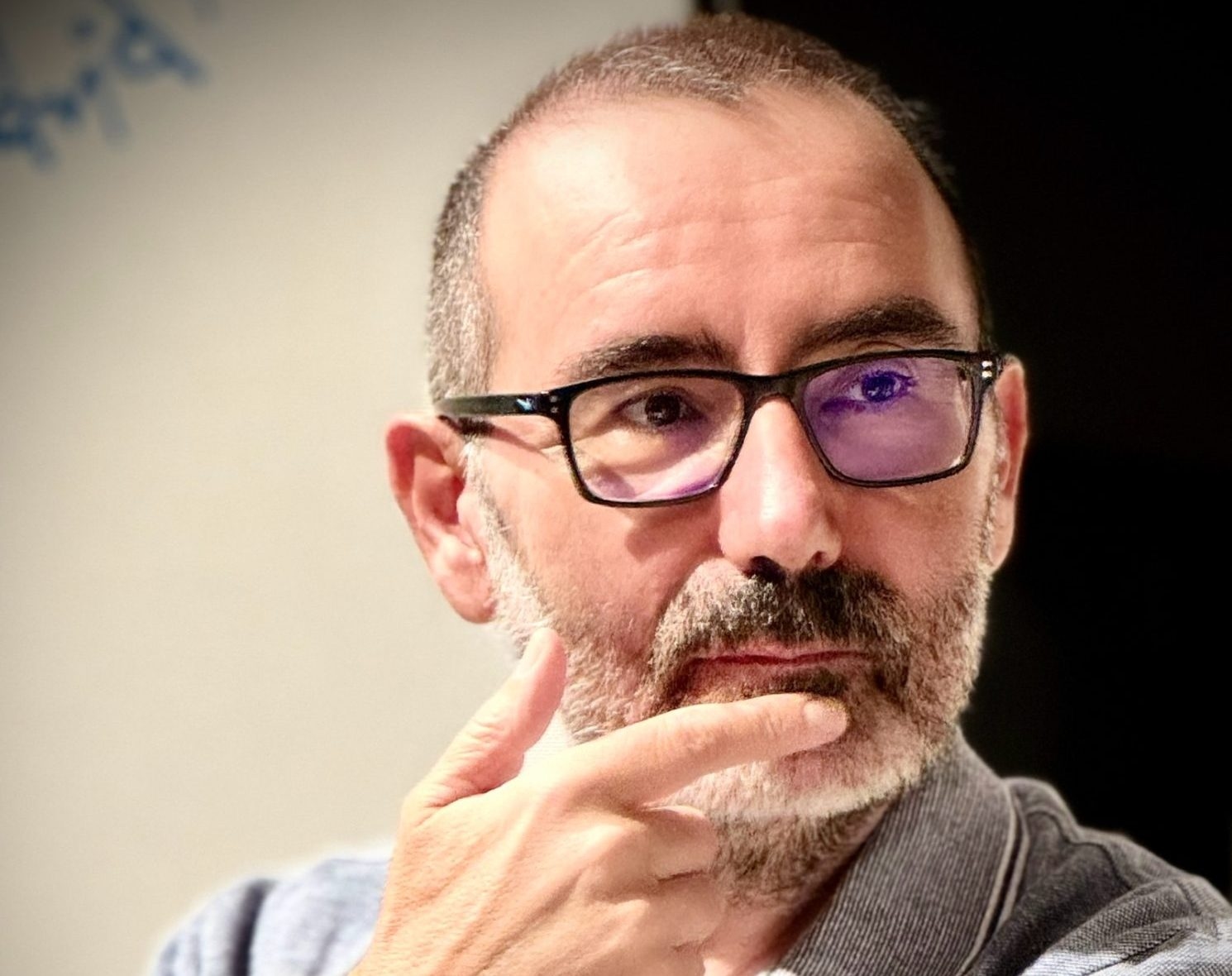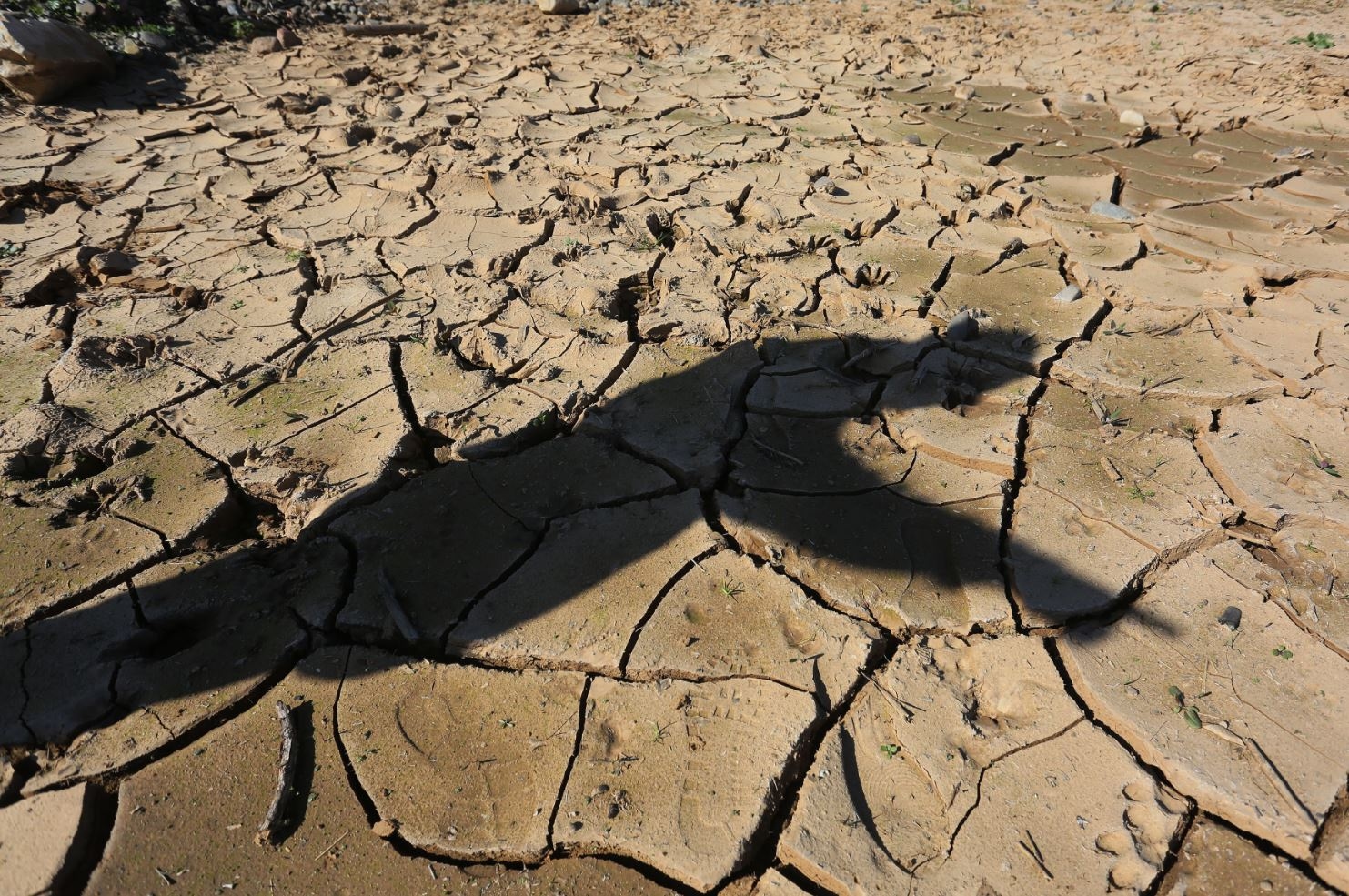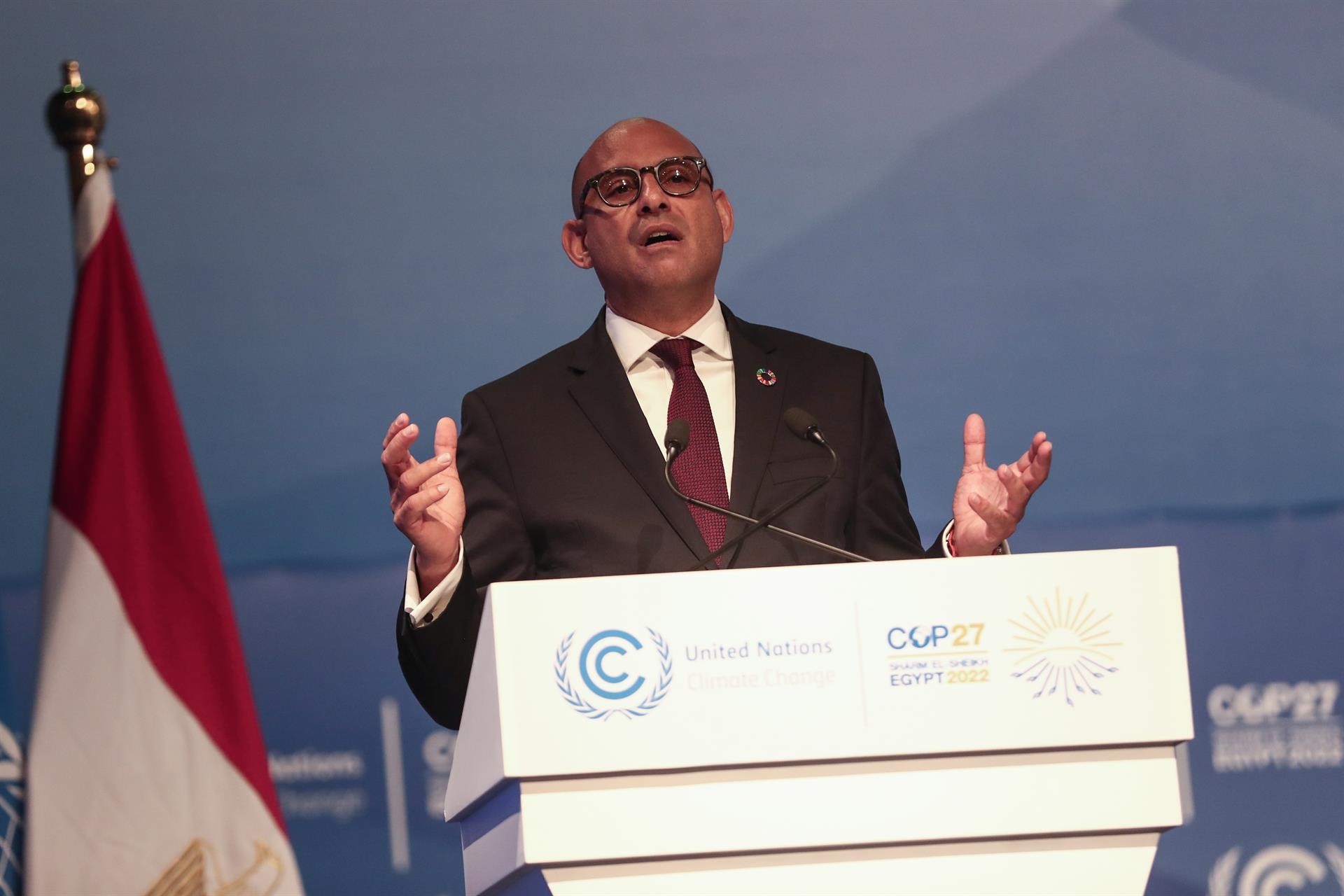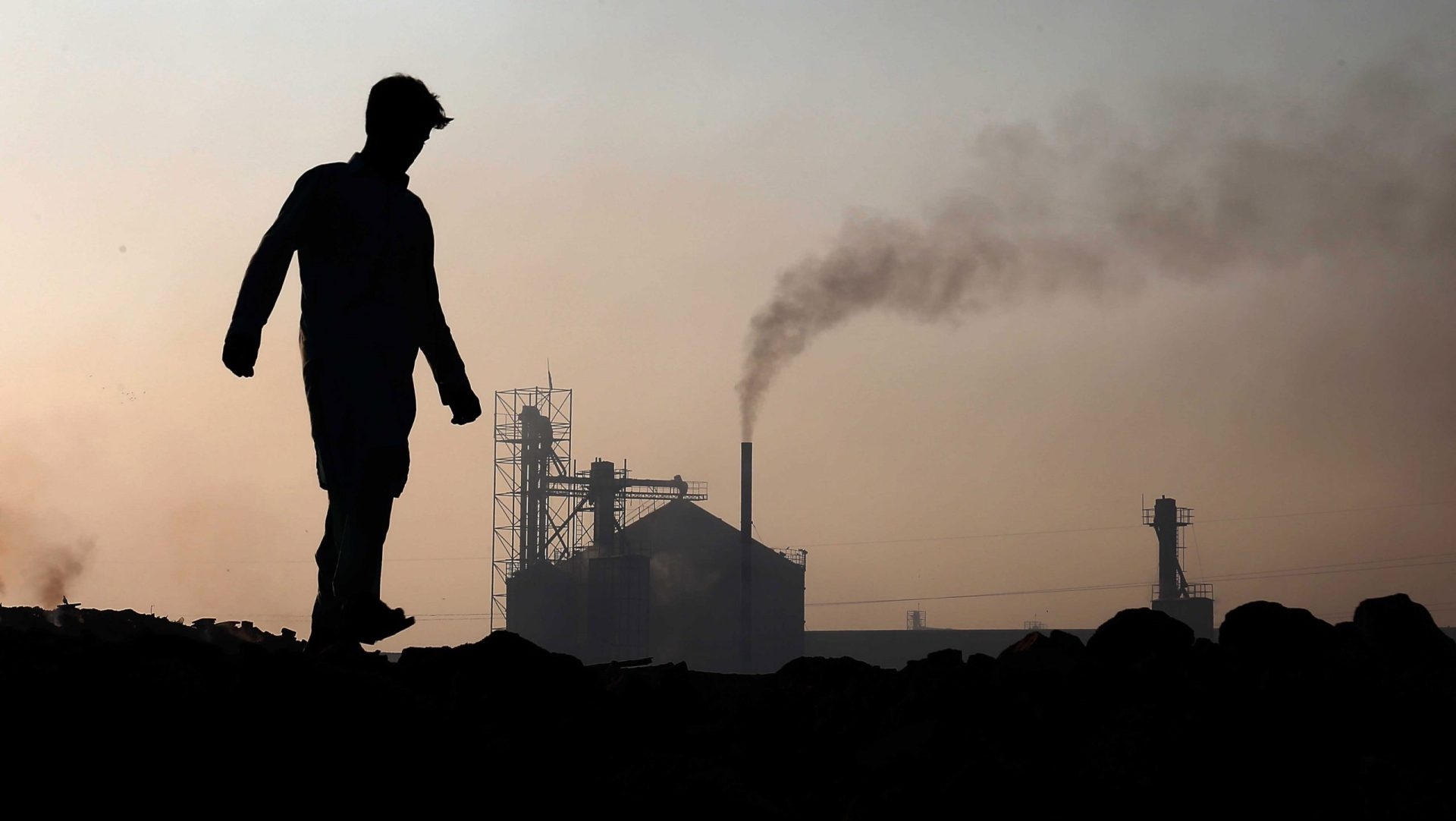Carbon emissions: The richest 0.1% of the world emits 32% more, while the poorest 50% emits 3% less.

The richest 0.1% of the world's population has increased its share of carbon emissions by 32% since 1990, a period in which the poorest half of humanity has reduced them by 3%, according to a report by Oxfam Intermón.
A person in the wealthiest 0.1% pollutes more in a single day than someone in the poorest 50% does in an entire year. If everyone emitted carbon like the wealthiest 0.1%, the carbon budget would be exhausted in less than three weeks, according to the report titled 'Climate Plunder: How a Powerful Few Are Leading the World to Disaster'.
According to this international cooperation NGO, to prevent global warming from exceeding 1.5 degrees, the goal of the Paris Agreement, "the ultra-rich would have to reduce their carbon footprint by 99% before 2030."
Since that Agreement in 2015, the richest 1% of the world has consumed more than twice the carbon budget of the poorest half of humanity as a whole.
Oxfam Intermón is publishing this data – one week before the Climate Summit (COP30) begins in Belém, Brazil – to underline that “the high-carbon lifestyles of the super-rich are depleting the world’s remaining carbon budget, that is, the amount of CO2 that can be emitted without causing a climate disaster.”
The report highlights that "the average super-rich person" produces 1.9 million tons of CO2 per year through their investments.
"It takes almost 10,000 trips around the world in their private jets to issue such an amount," the document explains.
The NGO also estimates that emissions from the richest 1% "are enough to cause approximately 1.3 million heat-related deaths by the end of the century, as well as $44 trillion in economic damage to low- and lower-middle-income countries by 2050."
The disparity in emissions has "catastrophic consequences," especially for the inhabitants of the Global South who have contributed the least to the climate crisis, and among them in particular for women, girls and indigenous groups.
The report speaks of six resulting crises: hunger, economic, educational, health, gender and human rights.
It also underlines that "the banking sector is one of the main culprits of the climate crisis," primarily due to the financing it provides to new fossil fuel projects.
Thus, it considers that the three most polluting companies in France are all banks: BNP Paribas, Crédit Agricole and Société Générale.
Spain, the same patternIn Spain, a person in the top 0.1% of earners generates a carbon footprint equivalent to 55 times that of a person in the bottom 50% of earners, the NGO points out. To reach sustainable levels, Spain would have to reduce its emissions by 99.4% by 2030.
Oxfam Intermón recalls the storm of October 2024 to emphasize that "extreme weather phenomena hit the poorest hardest, and the people who suffered the most were the most vulnerable: households with fewer resources, women, the elderly, and migrant communities."
According to Lourdes Benavides, head of Climate Justice at the organization, "it was a clear sign of the need to move forward both in the just energy transition and in adaptation plans that leave no one behind."
ProposalsThe NGO believes that a 60% tax on the total income of the wealthiest 1% could reduce carbon emissions and generate around $6.4 trillion.
It also proposes that fossil fuel companies be prevented from participating in climate negotiations such as COP and that, on the contrary, the presence of civil society and indigenous groups be strengthened.
Adopting an equitable approach to the remaining climate budget, ensuring that wealthy countries provide ambitious climate finance, and building an equitable system—"rejecting the dominant neoliberal economics and moving towards an economy based on sustainability and equality"—are among their other proposals. EFEverde
nam/crf
efeverde





